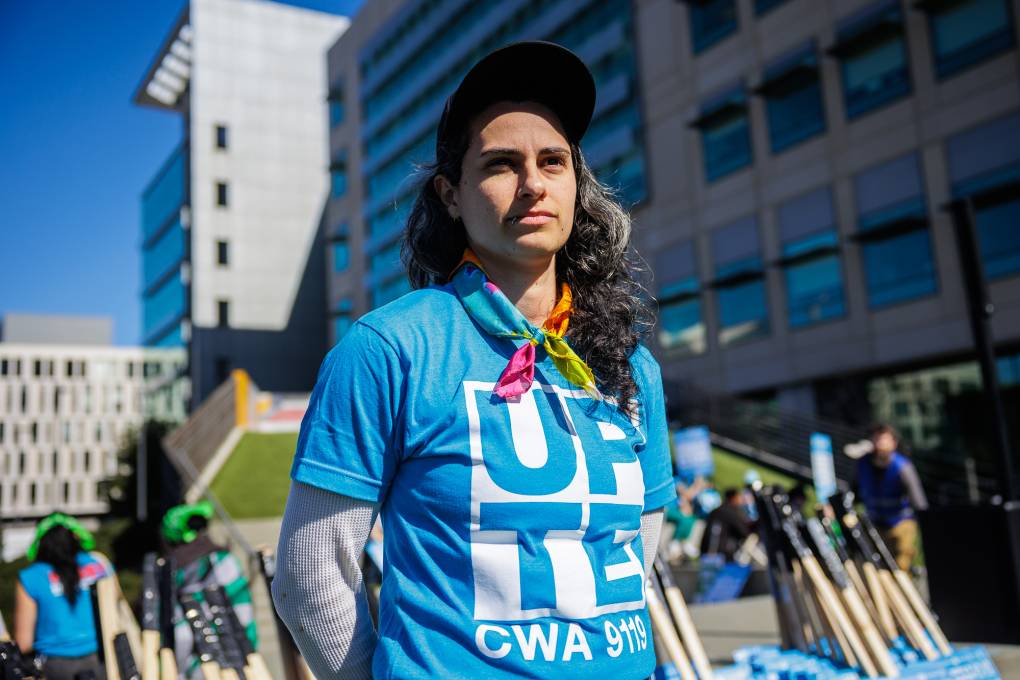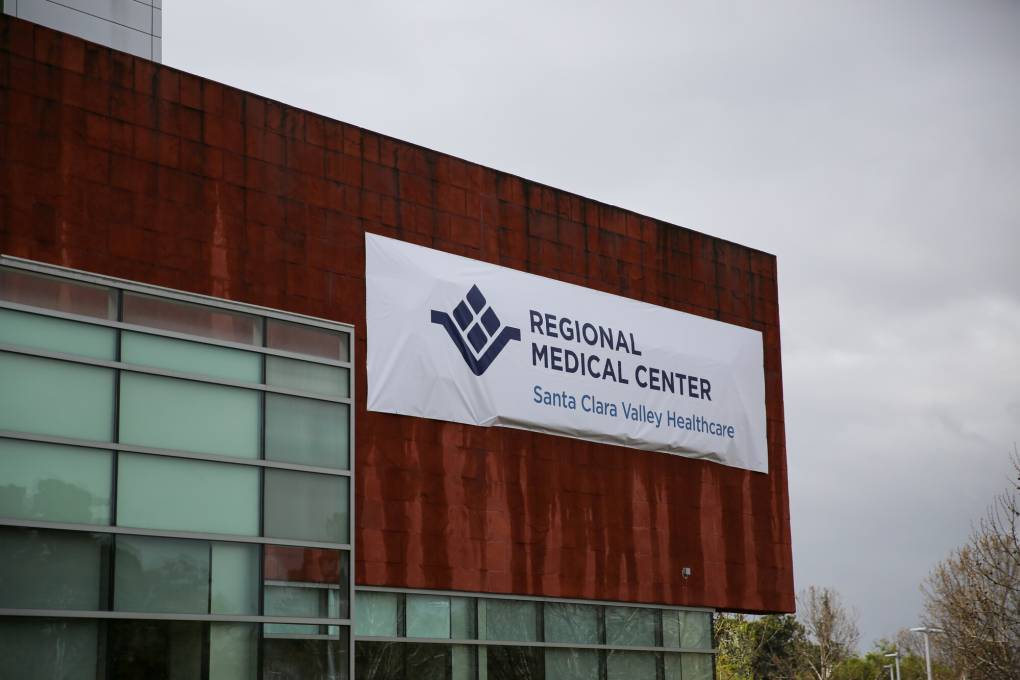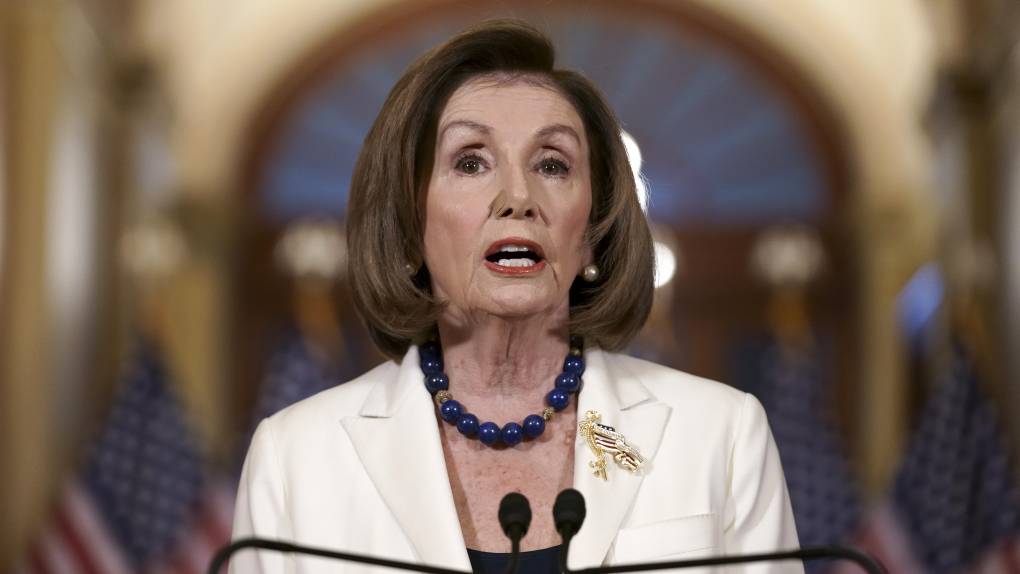Laguna Honda Hospital and Rehabilitation Center has submitted its application to regain participation in Medicaid. The government-subsidized health care plan supports 95% of patients at the hospital, but that funding was only temporarily granted while the hospital worked toward recertification with federal regulators.
SF’s Laguna Honda Hospital Reapplies for Medicaid Amid Closure Crisis
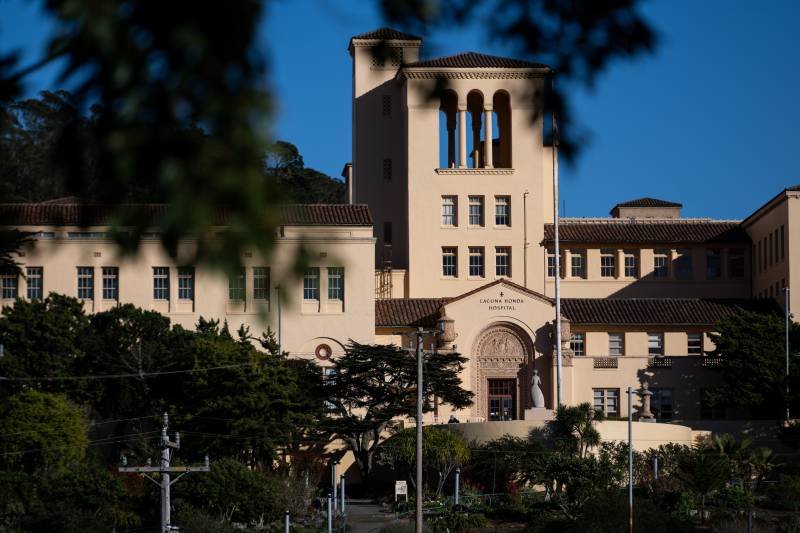
The move marks a turning point in the almost two-year regulatory crisis that threatened to shutter Laguna Honda, the state’s largest public nursing facility and home to nearly 500 medically fragile residents with needs ranging from stroke rehabilitation to dementia and mental health care.
“This is really the culmination of all of the improvement work we have been doing over the last 18 months since the decertification happened,” the hospital’s interim CEO Roland Pickens told KQED. “The most recent monitoring surveys went fairly well and gave us the confidence that we have made significant enough improvements and that we would be successful in attaining a recertification.”
In 2022, Laguna Honda was found out of compliance on several safety issues across multiple regulatory surveys that federal regulators administered after the hospital self-reported two nonfatal overdoses that occurred on-site.
As a result of the findings, federal regulators stripped Laguna Honda from Medicare and Medi-Cal, subsidized health care plans that cover the vast majority of residents at the facility, most of whom have extremely low or fixed incomes.
Centers for Medicare and Medicaid Services required the hospital to craft and implement a plan to prepare for closure, and in return, the agency would temporarily sustain funding to the hospital. That plan involved assessing and relocating as many patients as possible in 2022.
Of the 57 residents who were transferred or discharged during that process, 12 died shortly after their relocations. Community members and government officials, including Mayor London Breed, Rep. Nancy Pelosi, and others, publicly decried the regulators’ decision and advocated for a different response. The city sued the federal government following the relocation deaths, and the transfer process was paused as part of a settlement agreement.
Since then, Laguna Honda has taken steps to address deficiencies in areas such as medication storage and hygiene control. Regulators marked just 33 areas for improvement in a June 2023 monitoring survey to check progress, compared to the first survey that had 124 findings, according to the San Francisco Department of Public Health.
The California Departments of Public Health and Health Care Services will review the application next to determine what is to follow.
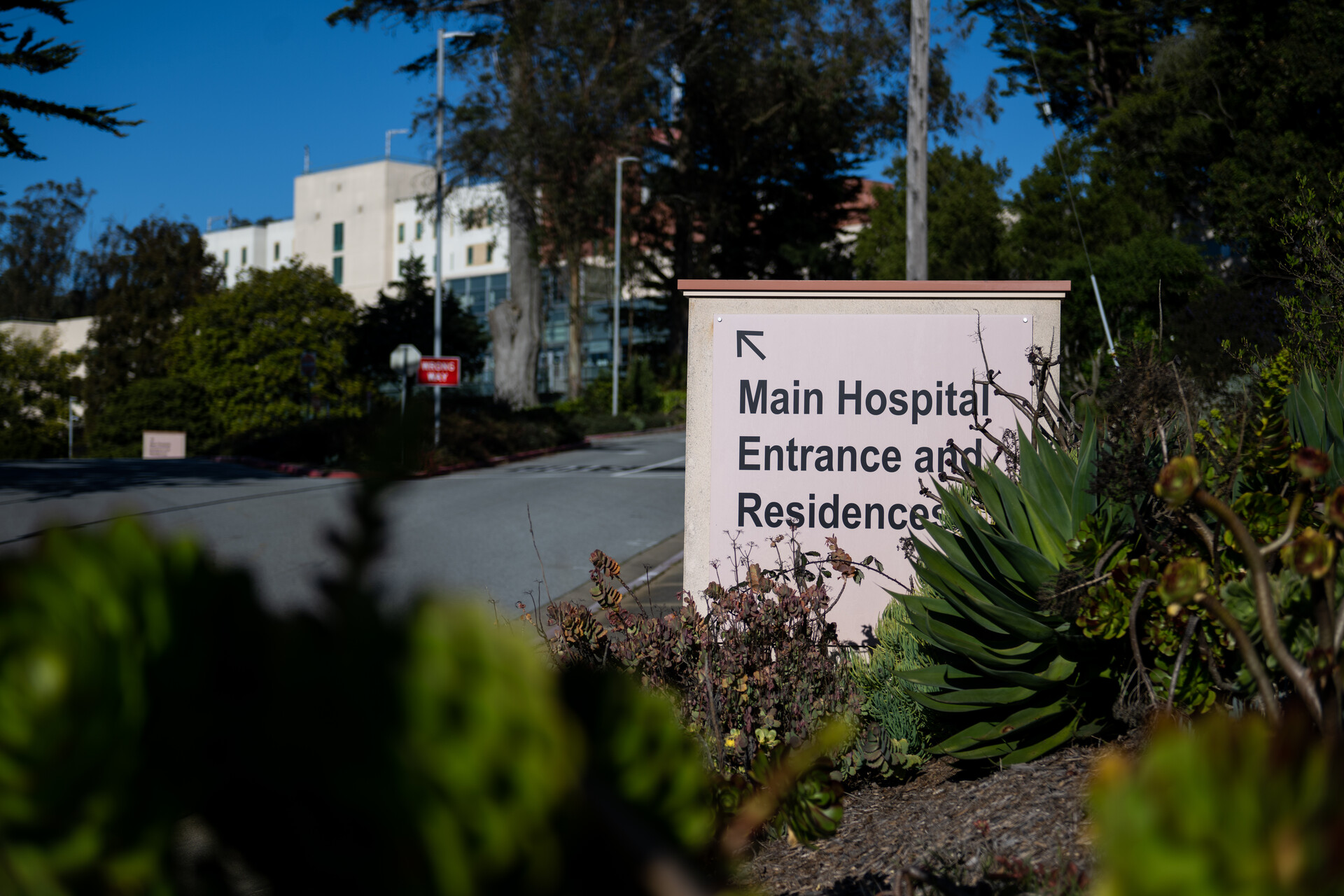
Time is of the essence. The hospital is currently facing a deadline of Sept. 19 before the current temporary pause on involuntary transfers could resume. If relocations do resume, residents will have the right to appeal their transfer and must first be assessed for appropriate options.
It’s not clear exactly how long the process could take or whether the federal and state regulators could again delay the deadline. Pickens, however, said he hopes the regulatory process will be completed in time to prevent any additional involuntary transfers.
“I want to emphasize that applying for recertification is not the end of our work to improve our facility, but rather the beginning of a new era of excellence for Laguna Honda Hospital,” Pickens said in a letter to residents sent on Aug. 14.
Nursing home reform advocates and members of the Laguna Honda community welcomed the news of the reapplication.
“I’m thrilled they have applied. There is a lot of discipline involved and a lot of culture change involved, so this is a real relief to hear,” said Teresa Palmer, a former physician at Laguna Honda and organizer for the advocacy group the Gray Panthers.
Palmer is timid about the next steps for the hospital, which has had a troubled past, including a major abuse scandal in 2019 that was separate from the ongoing regulatory crisis.
“There really has been a good faith effort there [to address problems], but there has been so many years of mismanagement and a culture of retaliation of whistleblowing there for years, which was a problem and they really need to turn that around,” Palmer said.
San Francisco and many other parts of California lack enough skilled nursing beds to meet the current demand and need, and residents are often required to move out of the county to receive necessary care. The issue is even more pronounced for low-income elderly residents who rely on Medicare and Medi-Cal, typically those who can’t afford private nursing homes.
Pickens said that residents who were transferred to other facilities during the 2022 relocation process will receive priority to come back once the hospital can resume admitting new patients again.
New admissions have been on hold since the hospital was decertified. The hospital is currently licensed for over 780 beds but its current census is around 500, according to Pickens. The hospital also stands to lose 120 of its 780 beds due to a new federal regulation that requires nursing homes like Laguna Honda to have no more than two beds per room.
“We want to officially be recertified into the federal programs, and once we have that recertification, we will then be pursuing getting those 120 beds back into our system,” Pickens told KQED. “We know that’s a big priority. First priority: get certified. Second priority is to get 120 beds back.”
